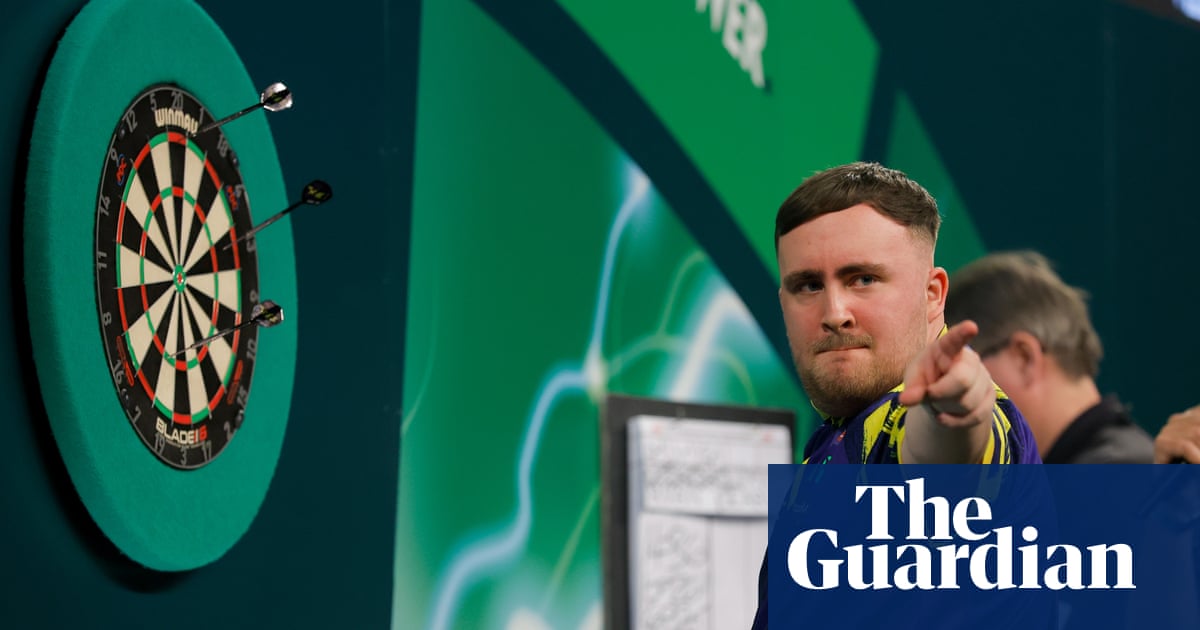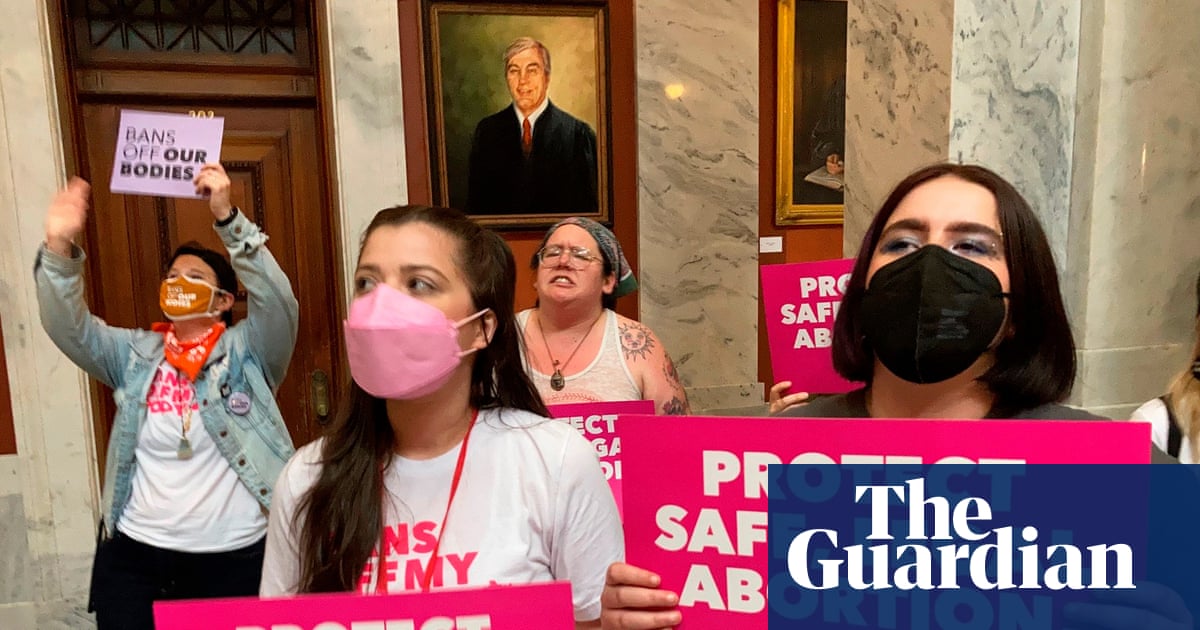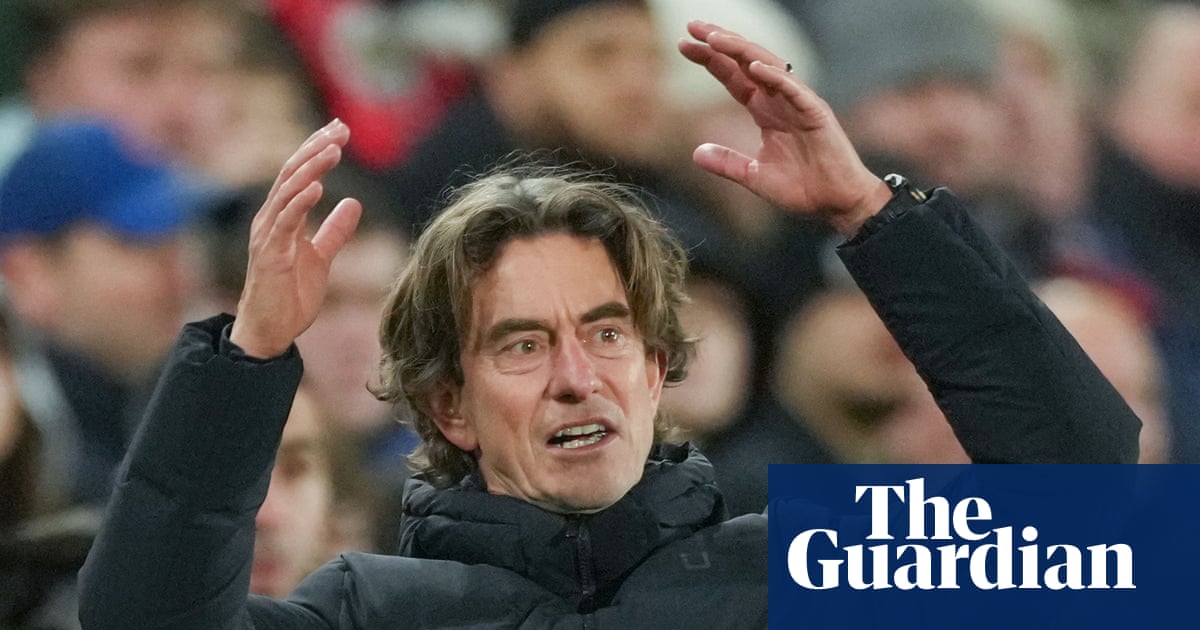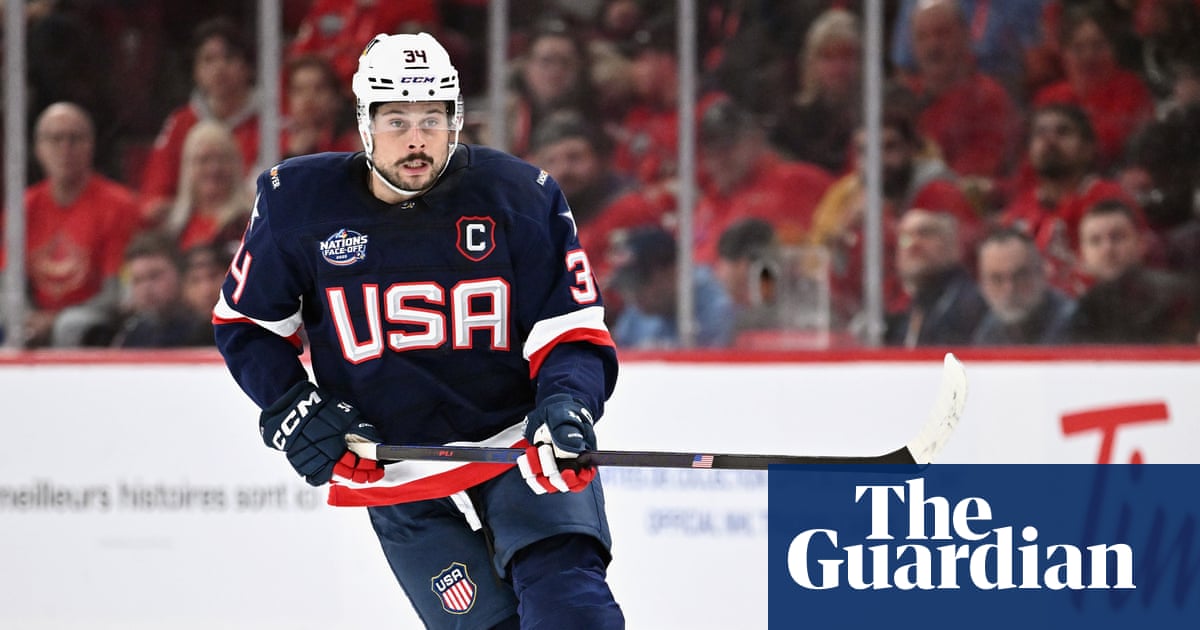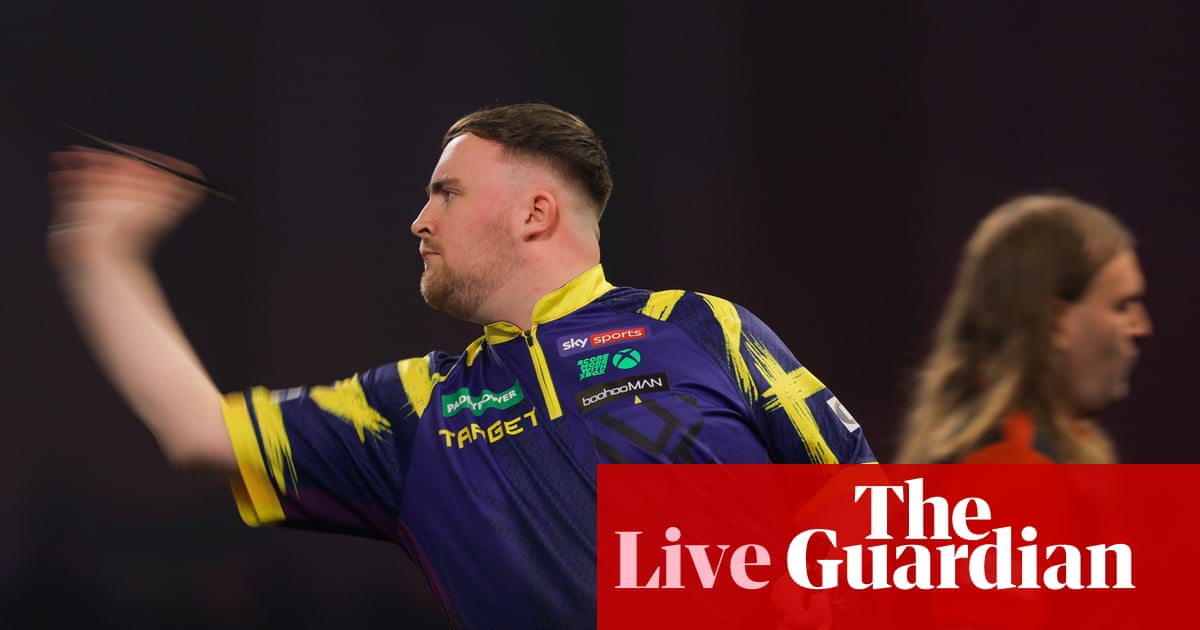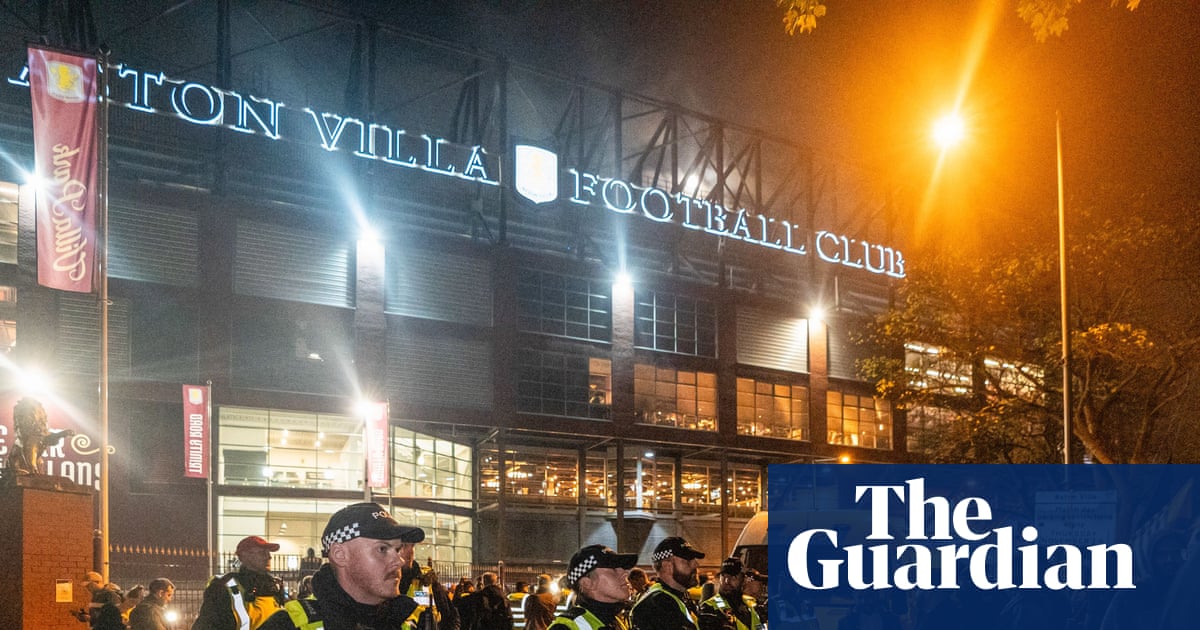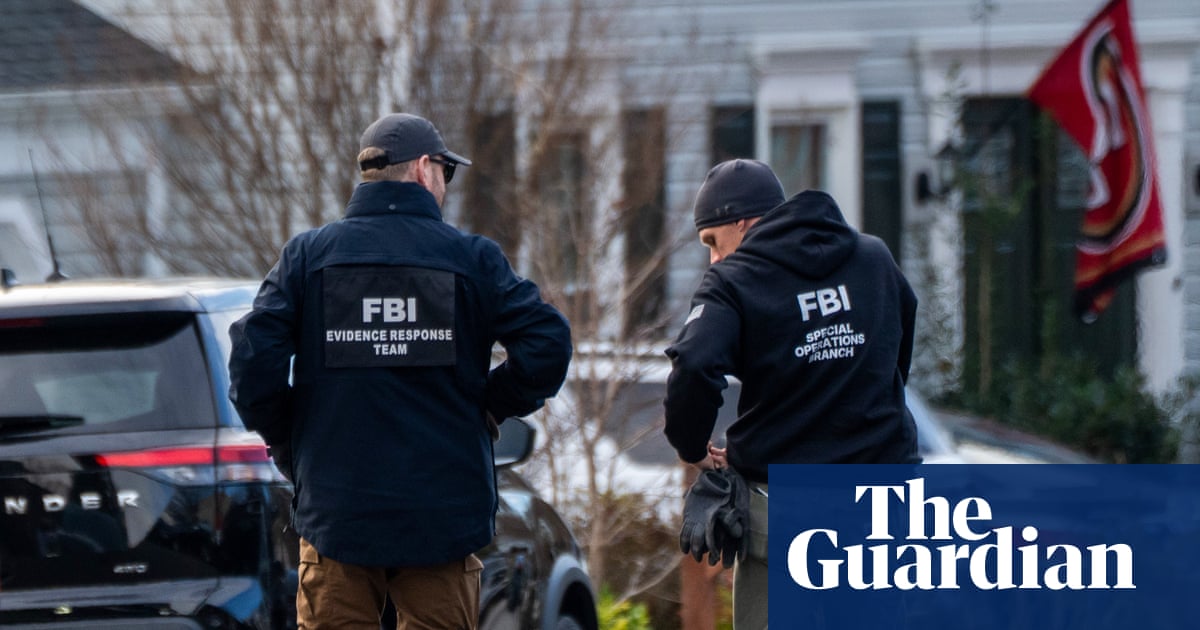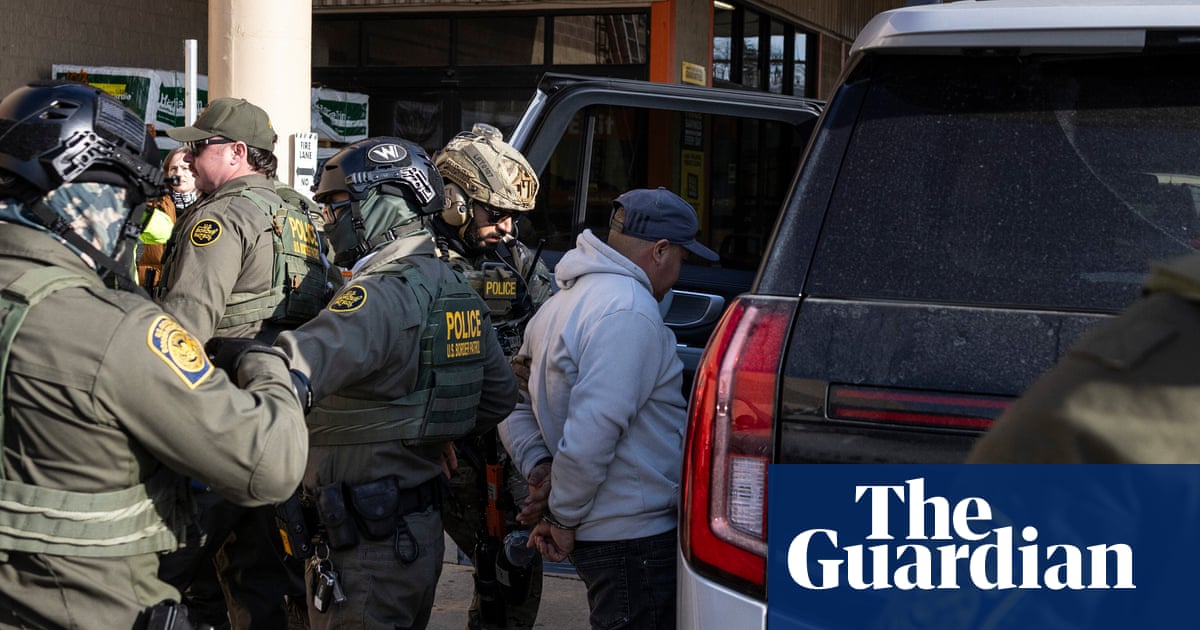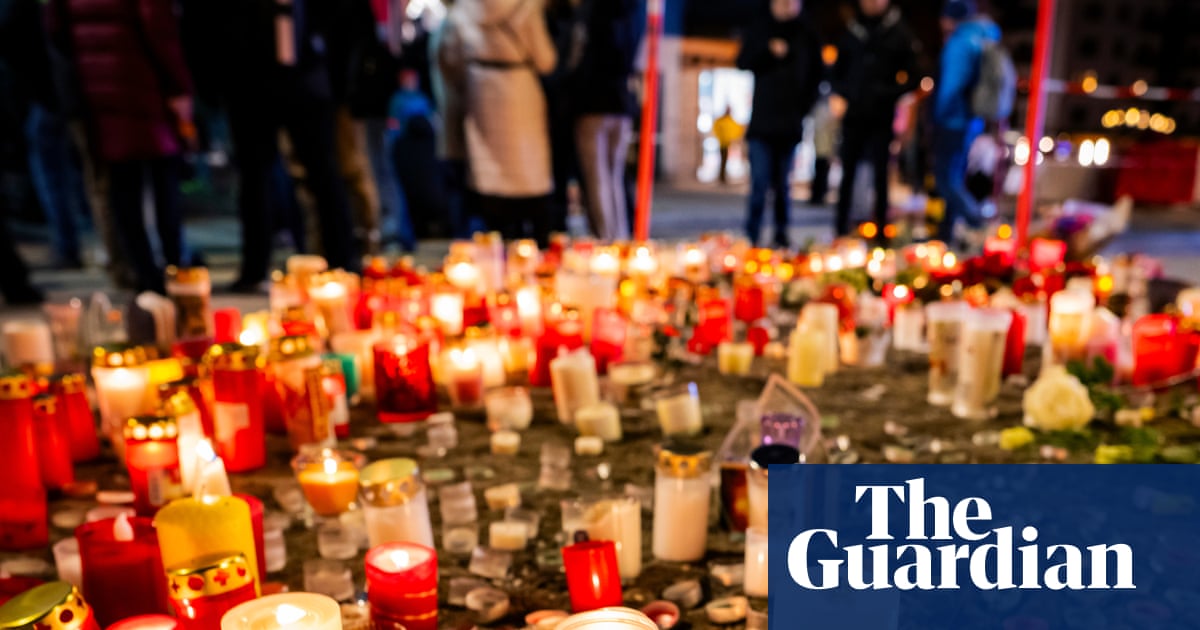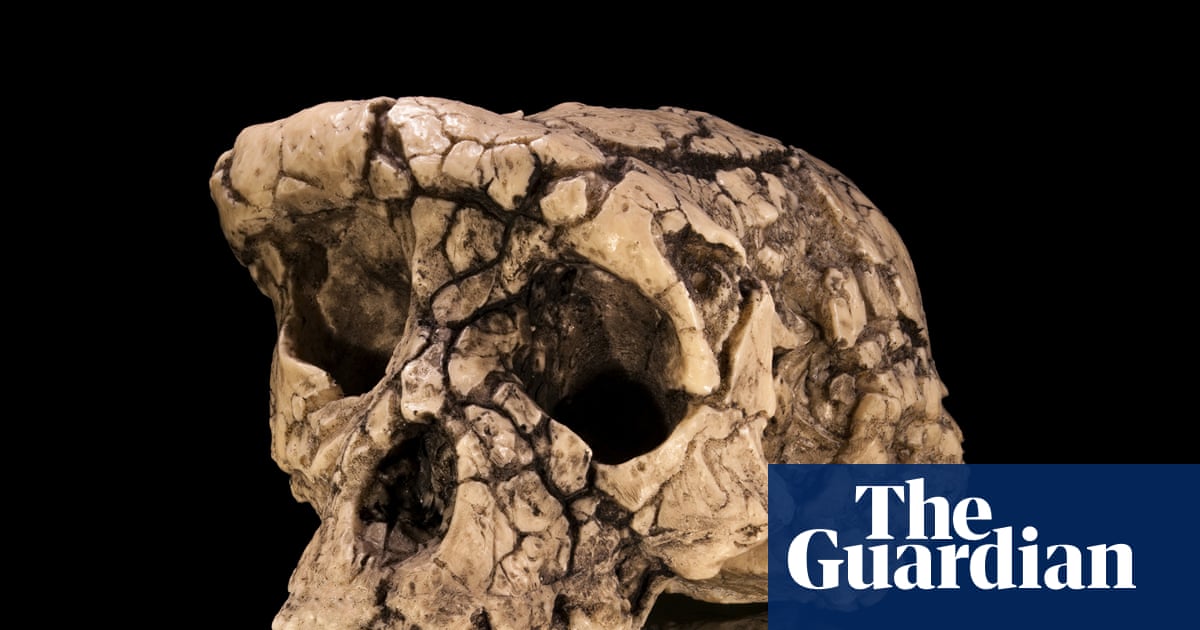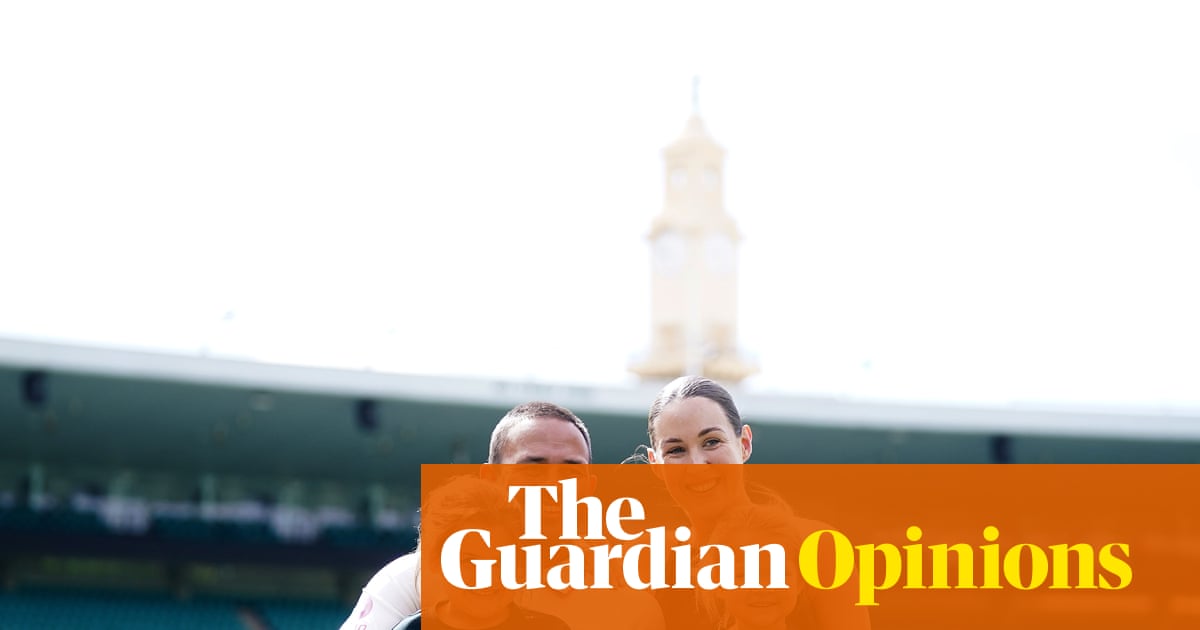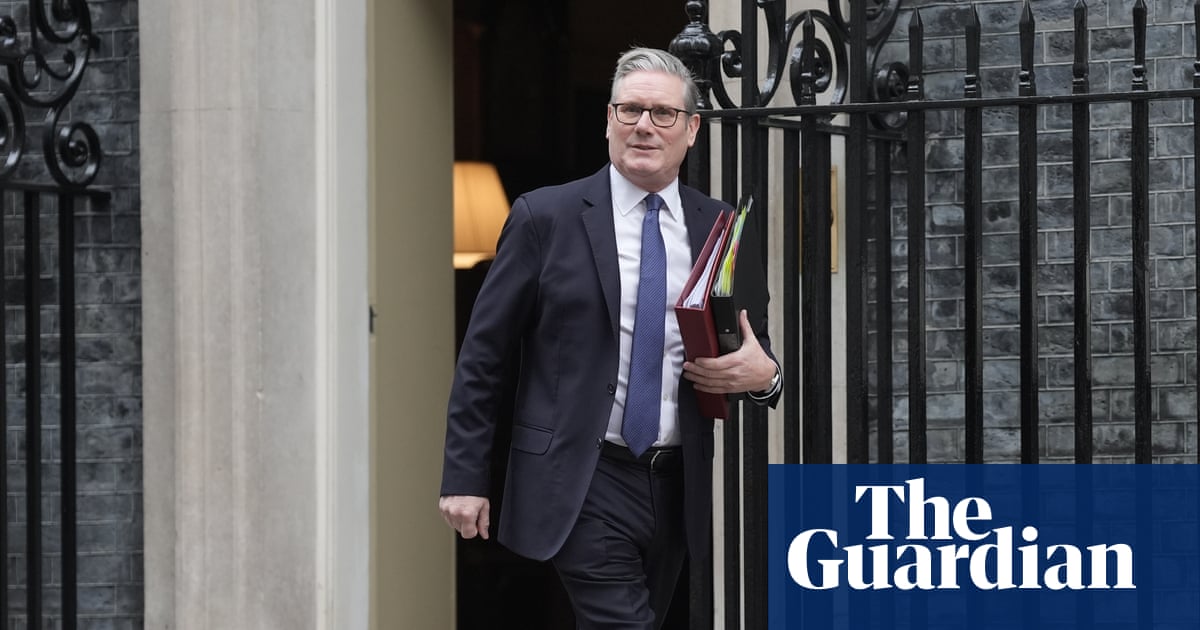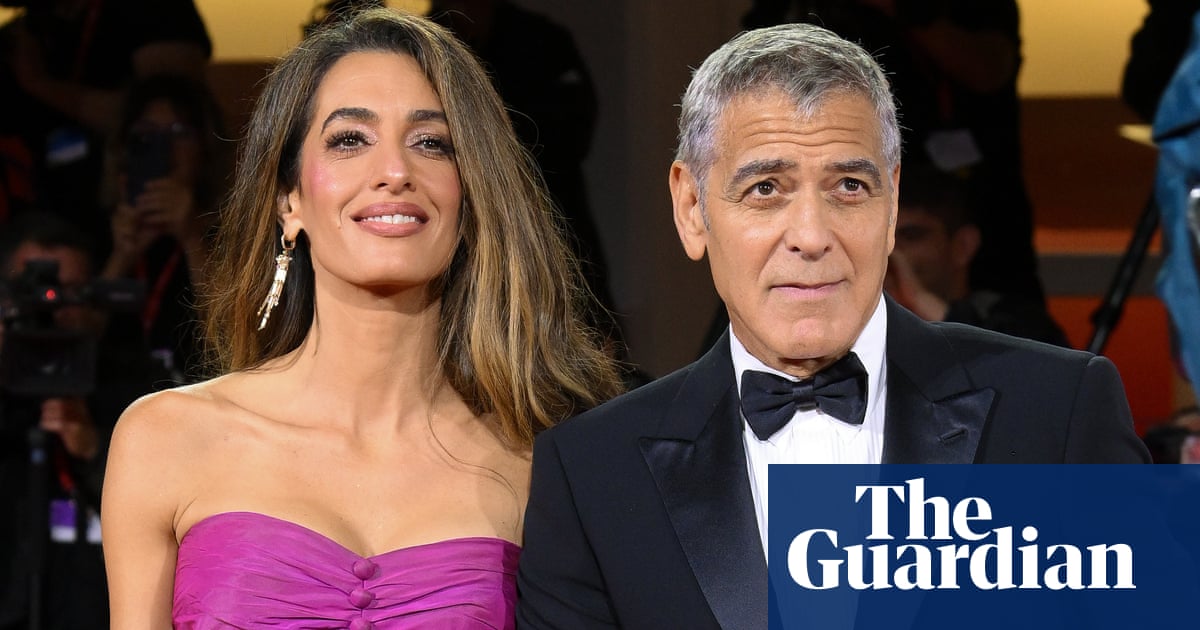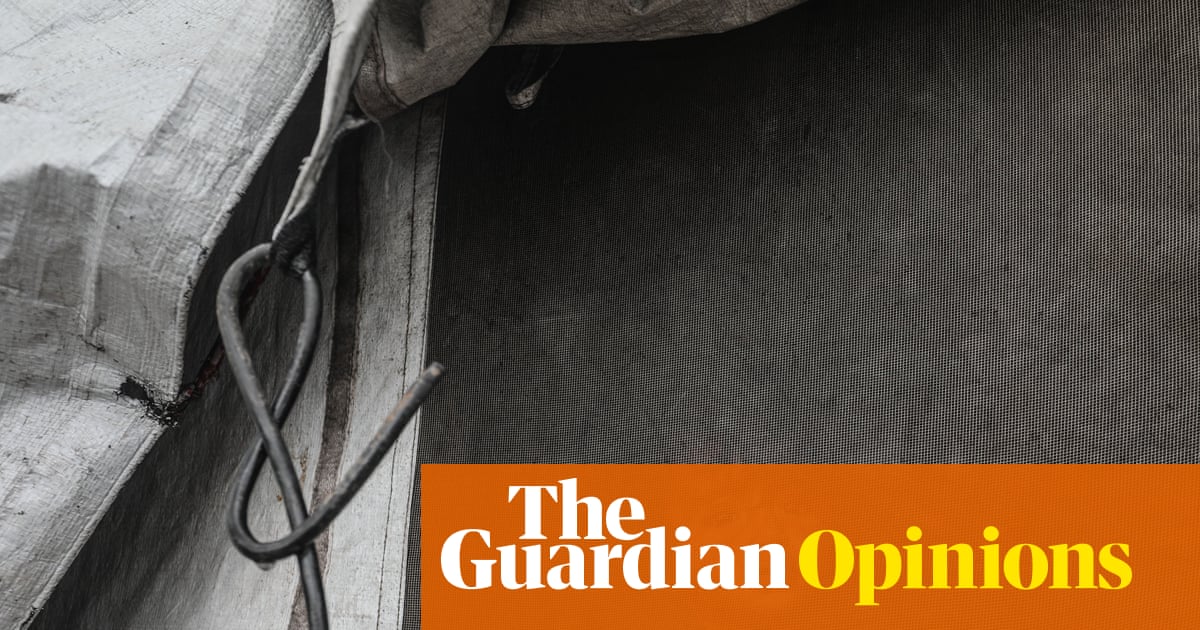‘They say never meet your heroes. They’re wrong’
James Vanderbilt (Truth, 2015)
Robert Redford hid from me behind a door once. I was directing my first film, Truth, and had somehow, improbably, gotten him to star in it. We were shooting a take, I called cut, went in to give a note, and he was gone. The whole cast was smiling, and I couldn’t figure it out – there was only one door in and out of the room and I had just walked through it. How had I lost Robert Redford?
Then, from behind me, I heard that Redford chuckle. You’ve heard it in a hundred movies. I turned around and there he was, possibly the most famous man in the world, hiding behind the door I had just walked through, pressed up against the wall, giggling.
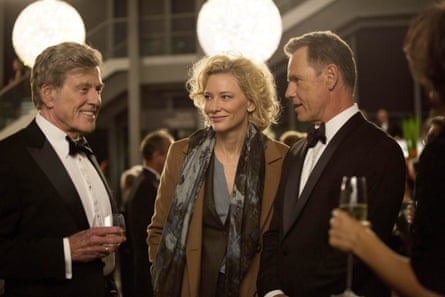
Before Truth, I had been a journeyman screenwriter with some hits and some misses and had met Bob (he asked me to call him “Bob”, which in itself was a career highlight) after writing a script he was supposed to direct called Against All Enemies that never got made. I remember, while developing that film, he gave me a note on a scene I had written featuring Bill Clinton. I was resisting the note and explained why, and Bob very gently said to me: “It’s just, knowing Bill, he wouldn’t say it like that.” And it crashed in on me that he was giving me the note because he personally knew the president of the United States. It was one of those moments where you remembered: “Oh my God, I’m actually talking to Robert fucking Redford.”
He knew the effect he had on people. Crew members who had been working on movies for 30 years would turn into teenagers at the sight of him. The first day he was on set for Truth, Cate Blanchett told me she changed clothes three times before coming to work in case she bumped into him before she went into wardrobe. Elisabeth Moss, who I’d never seen be anxious in her life, nervously went over to say hello to him. He told her he admired her work and that her show at the time, Jane Campion’s Top of the Lake, was on his network, the Sundance Channel. “I forgot he has a network!” she told me, grinning.
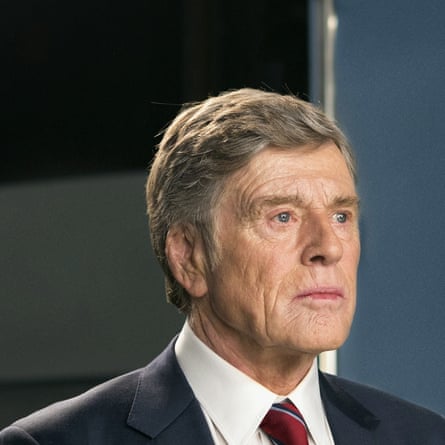
He had a network, he had the Sundance Institute, he had built everything himself. He started out as a stage actor, then became the most handsome and famous movie star in the world, then decided he wanted to become a producer, and used his star power to produce some of the greatest films ever made, then decided to direct. His first film as a director, Ordinary People, won best picture and best director at the Academy Awards. Of course, he made a stone-cold classic right out of the gate.
And now I was directing him in my first film. He knew how intimidating all of that could be, the “Robert Redford” of it all and, at every turn, he chose to disarm, to put you at ease. The first time I went to dinner with him, he sat down across from me and said: “What’s your story? Everyone has a story. I’d like to hear yours.” Nobody had ever asked me that question, before or since. It might be the kindest question I’ve ever been asked. So, we sat there and I told him about my life. Because he was curious, because he was interested.
“I’m here as an actor,” he told me. “I’ll never look at the monitor. Just tell me what you need.” And he was true to his word. He was a generous performer, game to try anything with the other actors. He loved the craft of it, playing the scene, being part of a company. All he asked for on set was a chair and a copy of the New York Times. Every weekend, he would have me come to his apartment and go through the next week’s work. Just Robert Redford and me, talking about the movie we were making together, no big deal.
We shot in Australia. He had never been there before. That blew my mind. I couldn’t conceive of a place he hadn’t been, an experience he hadn’t lived. And he loved it there. On his days off, he would go out and explore. “I went to the zoo yesterday,” he’d announce, proudly. We told him we knew, because his visit had been breathlessly covered by the media. They covered his every move throughout the city. Because he was Robert Redford, and Robert Redford coming to your country and doing anything was a big deal.
He didn’t treat it that way, though. He knew that a random encounter for him would be a story the other person would tell for the rest of their lives. He was everything you wanted him to be, in an industry where so often that isn’t the case. They say you should never meet your heroes. They are wrong.
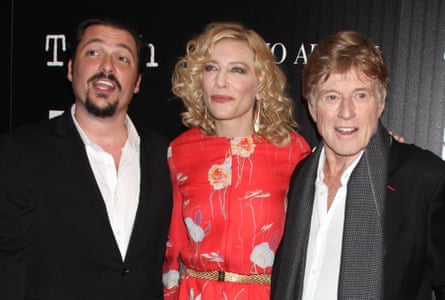
One last story. We were shooting his character’s introduction, and I explained to him I wanted to shoot him sitting in profile first, completely in silhouette, backlit so all we saw was the shape of his face. “Like Lincoln on the penny,” I said. “Great,” he said. Super-simple shot.
We rolled film. “Action!” Bob sat there, then turned his face a fraction of an inch so the light spilled perfectly off it. I called cut. I told him I’d love to try one where he stays in silhouette. “Got it,” he said, “love that.” I called action. He turned his head again and caught the light. We did it four more times. Same thing every time. He kept apologising for it. I couldn’t figure it out. Our wonderful DP Mandy Walker finally did. “It’s muscle memory,” she whispered to me, smiling. “He’s been doing this for 50 years. He can’t not find his light.”
I get to direct movies today because, for some reason, Robert Redford took a chance on me as a film-maker. But not just me. Hundreds of film-makers came through his Sundance Labs. Thousands more through his Sundance festivals. The impact he has had on film-making today is incalculable. He was a giant and his loss is tremendous. The gifts he leaves behind are not just his incredible performances, or the films he produced and directed, but his devotion to the legacy and the art of cinema. At every opportunity, he gave of himself to the art form he loved.
For more than 60 years, in every facet of his career, Robert Redford could not help but move towards the light.
‘We were locked up in a hotel for months. What a treat!’
Lena Olin (Havana, 1990)
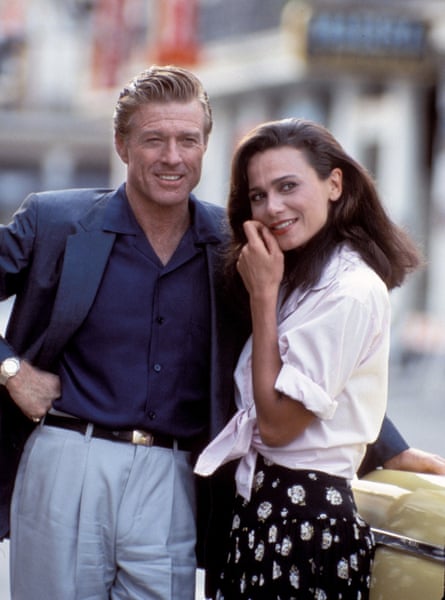
Redford was almost a fairytale figure. A dream cowboy of the sort I had imagined as a little girl that American men would be like.
But Redford seemed to have the answers and the ambition to save us all. Ridiculously handsome, always so articulate and bright. Beneath that cool surface lay a volcano of emotions and desires.
We spent six months together shooting Havana in the Dominican Republic at a time of political instability. That meant we were basically locked up together on the top floor of the hotel for months. What a treat!
As an actor, he was extremely sweet and always wanted us to find other ways to tell the story, never sticking to the mainstream. As a king in Hollywood, he could have just sat on his throne but instead used that power to give new talent a chance through the Sundance institute.
There was no one like Robert. I just don’t understand why I didn’t fall in love with him.
‘I was a nobody. But he knew my name’
F Murray Abraham (All the President’s Men, 1976)
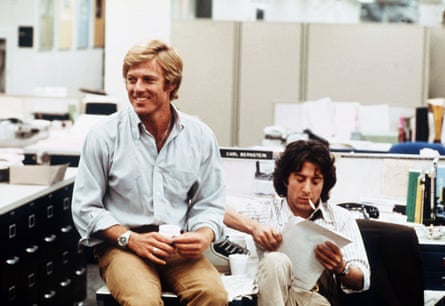
There were night shoots on that movie, and we gathered at the catering truck before the shot was set up. I didn’t have any stuff with Redford in the film, nor did the other two actors I was having coffee with, but he came over to us and said, “Hi, I’m Bob Redford”, to which I had to reply, “We know who you are”, and he said, “And I know who you are”, and he called us each by our first names. I was absolutely a nobody, so he must have learned the names only minutes before he met us, but what did that matter – it was a wonderful way to start that job. A long time ago, and still as fresh in my memory as yesterday.
‘His smile made you feel like you’d won something.’
Marianne Jean-Baptiste (Spy Game, 2001)
When I accepted the role portraying Robert’s assistant, Gladys, in Spy Game, I don’t think it actually registered that all my scenes would be with this iconic actor who I’d grown up watching. My first day on set it suddenly dawned on me, and I turned into a bag of nerves. All I can remember is looking at him and seeing the titles of all his films rolling through my mind.
Tony Scott introduced us and Robert warmly took my hand and told me how happy he was to be working with me. I think I mumbled a response – my mind totally blown. I needed to get a grip and remind myself that he was just an actor. But that annoying inner voice was screaming, “It’s the Sundance Kid! It’s Bob Woodward from All The President’s Men!” I was a mess!
After we blocked the scene, he didn’t rush off to his dressing room. He quietly asked if I would mind going over lines with him and discussing our characters’ histories and relationships. I was stunned. I guess I thought he’d be aloof and star-like, but what I found was a warm, generous actor who was about the work. An actor on the hunt for the gems that would turn our small scenes into prized moments.
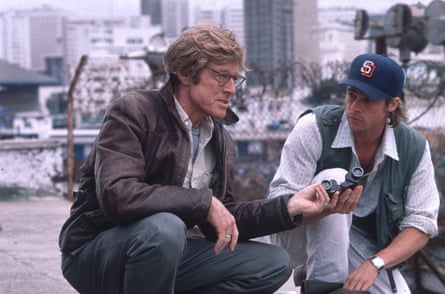
I studied him – the way he conducted himself with the cast and crew alike; a consummate professional with a genuine, warm, and cheeky sense of humour. A beautiful human. His twinkling eyes lent encouragement and his smile made you feel like you’d won something.
He was light. When it came to shooting our scenes, he kept them alive by always trying things and always seeking the particular. He was the type of actor who made you want to be better.
When we shot our final scene, on the last take his character leans in and kisses me on the forehead. Tony screamed, “Cut! That was great.” Tony came to me afterwards and said: “That was beautiful. What were you thinking about?” On the spot I made up something like, “She’s worried because she knows he’s going to do something really dangerous.” But I was actually thinking: “My God, Robert Redford just kissed me.”
‘He made clear his wariness regarding Hollywood cliches’
Ralph Fiennes (Quiz Show, 1994)
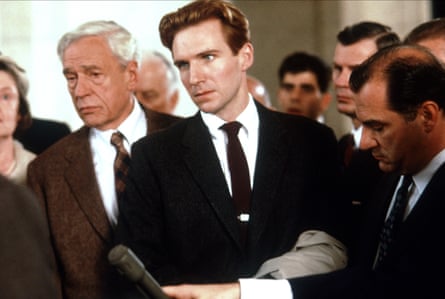
I was incredibly sad to learn of Robert Redford’s death. Thirty-two years ago he cast me in Quiz Show alongside John Turturro and Rob Morrow. I remember his patience and kindness as I became acquainted with all things 50s America – and American culture generally.
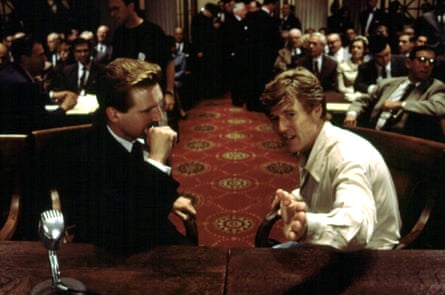
It was challenging and intense and fun. I loved his droll sense of humour as he guided me through screen-acting skills and process.
His maverick spirit was readily apparent and he made clear his wariness regarding Hollywood cliches and practice.
I treasure my experience of working with him, which was also an introduction to a great film-maker with a true artistic vision of an American cinema that could be intelligent, original and politically provocative.
He took me riding near his home in New Mexico. I’m no horseman, but he made me feel I could be. The film-making world is smaller without him.
‘Failure and Robert Redford were not two things you put together’
Richard Jenkins
I first met Robert when I was an actor at the Sundance Institute screenwriters’ lab in the late 80s. It was a wonderful time. You’d workshop and shoot during the day and then, at night, there was a big plastic garbage can filled with beer and soda on ice and people would sit around and talk. There was also a screening room in a cabin where they’d show movies and the lead actor or the director of the movie would come and talk about it.
It was like Camp Hollywood: no pretension, everyone staying in other people’s houses, just kind of jerry-rigged and hanging out in the mountains. Karl Malden was there, and Sydney Pollack. You knew you were a part of something special when you were doing it, which doesn’t happen very often.
Robert would come and direct some of the scenes and, after about three days, once you’d got over the fact it was Robert Redford, he was just Bob. The idea of being special bothered him, because it would have meant he was alone. He wanted people to be themselves around him and he made that easy, which was much appreciated. I found him really easy to chat to.
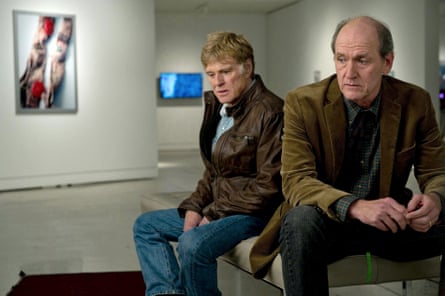
In about 1990, they announced they were going to start this little film festival. Bob said: “I just want these films that nobody was seeing to be shown somewhere.” It was always going to work. Failure and Robert Redford were not two things you put together.
About 20 years later, I worked with him on The Company You Keep. As a director as well as an actor, he never hurried. His sets were very quiet and calm and gentle. He made the movie he wanted to make and played the scene the way he felt comfortable playing it. It was very cool to be around that.
Actors know what it’s like not to be treated well and he wasn’t going to be one of those directors. I remember we were looping dialogue afterwards – which I don’t like doing: saying the line again and trying to match your lips to the footage. I did a take and Bob said: “I like that better than the original. And I liked the original.” It was such a nice thing to say.
As a director, Bob took on stories that spoke to him and he felt needed to be made, rather than projects to make money. The Company You Keep is a movie about a world not a lot of people today are aware of, and there were a lot of people of the generation who remembered 60s radicalism and idealism who worked on it: Julie Christie, Susan Sarandon, Sam Elliott, Nick Nolte, Chris Cooper, Brendan Gleeson. Bob liked being around those folks.
On the set of The Company You Keep, we spoke about that time back in Utah at the start of Sundance. He said: “Oh my gosh, you were there right at the beginning!” I said: “I know! That was something, wasn’t it?” It really was. You could tell he loved that time. Bob excitedly told me I had to come back to Sundance, so I did and was a mentor for a year there. And he was in every single day, just doing it.
‘Beneath that suave surface, his passions always boiled’
Lasse Hallström (An Unfinished Life, 2005)
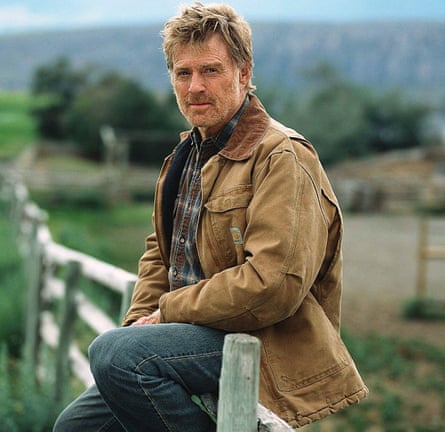
It’s worth remembering that Robert’s views of the world were also formed by his travels in Europe as a young man, painter and artist.
I think he came back from those trips with a new view of America so, all his life, while he was caught up in his success as a leading man in Hollywood movies, his heart was always with true art, European taste, experimental film-making.
With that came also a passion for truth and honesty, and a desire to protect what was genuine, natural, true nature, nature.
He spoke so eloquently and coolly about those things, almost like a politician, but his passions always boiled in him, right underneath that suave and well-mannered surface.
‘Robert seemed the last person who’d need to buy somebody for the night’
Adrian Lyne (Indecent Proposal, 1993)
Robert was really the only true film star who I’ve worked with. He’d walk on to the set and I wouldn’t be looking at him – I’d be speaking to someone else – and everything would go quiet. There would be a hush, and I’d know he’d arrived. They never went quiet about me, or anybody else I’ve worked with.
He had an extraordinary presence and aura. It was an uncanny thing, really. He also walked better than anybody on Earth. I remember that very particularly. Very straight and very beautiful to watch. I’ve never seen anybody walk like that.
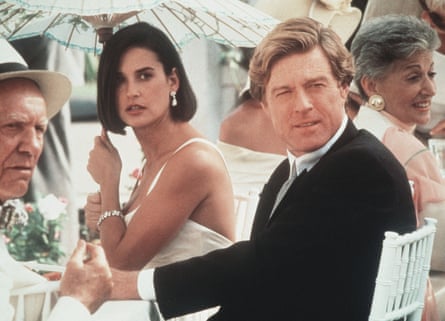
Casting him in that role in Indecent Proposal [as a businessman who offers Woody Harrelson and Demi Moore $1m to spend the night with her] was interesting, because Redford seemed to be the last person on earth you’d think would need to buy somebody for the night.
We both thought the film posed a really interesting question: if you wouldn’t do it for a million, would you do it for two, or 10? What’s your price?
Making the movie, I was very aware of his being a director as well as an actor, and of him watching me be a director. It was almost like a secret between us both. There’s one scene in the film in which he’s telling a story to Demi Moore about missed chances, which was based on something that happened to me on the tube in London when I was about 17.
A girl was sitting opposite me on the train and I thought she was just lovely. When I looked at her, she turned away and, when she looked at me, I would turn away because I was shy. Then it was my stop: I got off, the doors shut and she looked at me and gave me this beautiful smile. I wanted to rip the doors open. I remember I went back to that station at the same time for the next 10 days in case I saw her.
after newsletter promotion
When we were dubbing the scene featuring that story in the film, I showed Robert the cut for the first time. The take I’d chosen should have ended right on his face, within his face almost, to coincide with when he speaks about the girl smiling at him from inside the train. But, for whatever reason, the camera assistant didn’t quite hit the end mark. Robert was watching it next to me and he was saying to himself, “Tighter, tighter, tighter, tighter!” and I went to him: “I know, I know, I know!” It was the best take but we both knew it didn’t go in quite tight enough.
And I’ll always remember shooting the scene in which Robert was looking at Woody and Demi as they danced to The Nearness of You. I was on the camera and shooting little moments of Robert through the crowd dancing. Then he looked at me through the crowd and smiled.
I think he saw the director’s agony, which you get when nothing’s going right – it was a sort of, “Shit, I know what you’re going through” sort of smile. He was seeing it from that perspective. It was the sweetest smile and I used that shot for him smiling at them in the scene. I’ll always treasure the way he looked at me through that crowd.
‘It felt like a private, intimate masterclass’
Danny Huston, The Conspirator (2010)
For me, Robert Redford was a dream. I admired him not only as an iconic movie star, but as a political activist and a passionate champion of independent film.
Working with Robert gave me a deep insight into how he approached his craft. We were shooting a courtroom scene and the assistant director had mistakenly placed the witnesses in the wrong order. I called on the wrong witness, and Redford immediately seized the opportunity. He said, “Let’s keep it that way – have your character realise mid-sentence that he’s addressing the wrong man.” That spontaneous adjustment brought levity and humour to the scene – something that wasn’t on the page. It was his special kind of magic, that extra nuance he so effortlessly delivered.
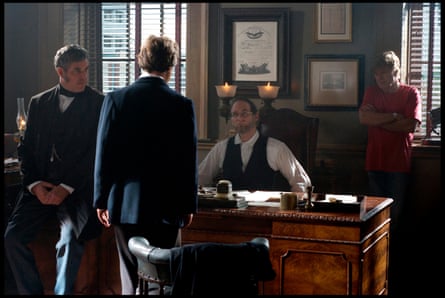
From that point on, with each scene, I’d turn to him and ask, “How would you do it?” Without hesitation, he would act out the scene for me – with a twinkle in his eye. It felt like a private, intimate masterclass. His acting was invisible in the best sense: refined, precise, often laced with that quietly sarcastic wit. He was always searching for that light touch that made the drama feel more genuine and heartfelt. He would save his final jab, and it was always unexpected.
For example, the way he delivered his last line in Butch Cassidy and the Sundance Kid, in response to Butch’s insistence they jump off the cliff to escape pursuit – “I can’t swim” – and then Butch’s reply: “The fall will probably kill ya”, before they both start to run to the edge. That will always break my heart.
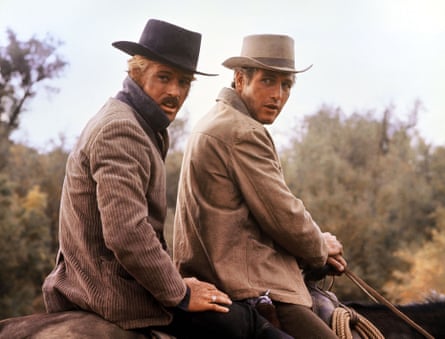
What moved me most about Robert was his unwavering stance for justice and loyalty. His creative partnership with Sydney Pollack produced some of the most thoughtful films of their time. As a director, he showed a deep understanding of the human condition. His dedication to Indigenous communities and environmental causes was not just admirable – it was unshakable. He was a man of rare beauty and grace. As an audience member, I’ve always considered him one of the greatest movie stars of his generation. And for me, he will always be the Sundance Kid.
‘It was the privilege of a lifetime to get to spin stories beside him’
David Lowery (The Old Man and the Gun, 2018)
I don’t know where I’d be without Robert Redford. I still remember the day my mom told me about this film festival of his in the mountains of Utah, and the concept of independent film; I was nine or 10, already stubbornly independent, and everything he was doing up there sounded pretty great to me.
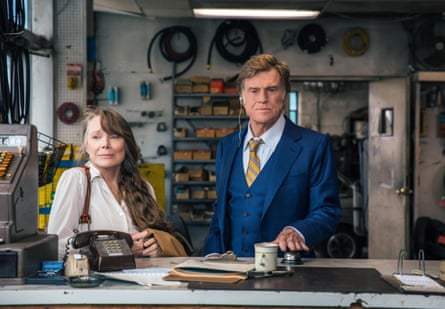
Cut to two decades later and, against all odds, I’m on set with Bob for the first time, pinching myself, wondering how I’d managed to wind up working with this legend. The answer is: I followed the path he laid out, for me and for countless other film-makers and artists over the years. He gave us all the confidence to tell stories on our own terms, as we saw fit. It was the privilege of a lifetime to get to spin a few of those yarns alongside him. He was a storyteller, through and through, and I can’t imagine there’s a better way to honour his life’s work than to keep on telling them – and making them count. Rest well, Bob. Thank you for everything.
‘Always gracious, creatively egalitarian and generous in spirit’
Delroy Lindo (The Last Castle, 2001)
When I heard of Robert’s passing, I thought about the relative impermanence of our time on this planet, and the opportunities we have to impact our world while we’re here. Robert Redford’s time among us was clearly impactful.
As a huge global movie star, but choosing to use his platform to promote social causes that were important to him; that spoke to a vision the man had, far exceeding his own personal sphere.
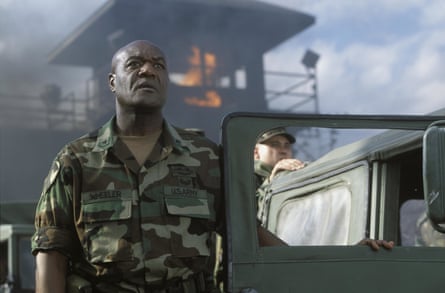
I particularly respected that, as it’s not a given that people of influence and power will make those kinds of choices. In Redford’s case, though, it clearly represented a desire to have a far broader impact outside the entertainment industry, in his life and work.
As a film-maker and storyteller, making in-depth investigations into our world, and culture; while simultaneously presenting his work engagingly, as broad-based entertainment. Films such as Ordinary People and Quiz Show are about very different subject matters; but both represent compelling explorations into human behaviours, illuminating the human condition as he saw it.
We first met in the early 2000s, when I attended a film workshop at the Sundance Institute as an adviser. One project in particular was having some difficulty. He asked me what I thought the sources of those problems were, and I told him. Our subsequent conversation had nothing to do with his being a movie star; but rather, represented two creative workers striving to unlock and solve a specific set of creative challenges and problems. I engaged very directly with his innate, genuine creative impulse and aspiration.
Wrapping the one scene we had together on The Last Castle, he offered: “Hey man, you’re a really nice actor.” A few years later, I reached out to him on behalf of an event I’d created to benefit aspiring Black scientists. He very readily contributed financing.
I didn’t know him well. But, in the few interactions I shared with him over the years, he was always gracious; creatively egalitarian, and generous in spirit. I appreciated that.
‘There was nothing easy about his tenacity and commitment’
Elizabeth McGovern (Ordinary People, 1980)
Robert Redford represents the sort of movie that is fast disappearing. The movie that grapples with the complexity of the human experience and, at the same time, is genuinely entertaining. He was a guy who could think and feel simultaneously, and make audiences do the same. But he made it seem fun and easy. You didn’t realise you were doing both until suddenly you were.
With Ordinary People, you had a phenomenon in the sense that lots of people were reacting collectively to a story about one particular American family. Everything about his approach to the story was specific and detailed, and that’s what made it universal.

I had no way of knowing, at the time, that it wouldn’t last. This kind of film-making, that sort of person. Because he made it all seem so easy. And that’s how it felt being directed by him. Easy. I didn’t ever feel as if I was acting in any kind of big deal movie. I was just going bowling with Timothy Hutton. Easy.
That was 43 years ago. Now I realise only too clearly there is nothing easy about the tenacity and commitment it takes to sustain the kind of work he did all of his life. It’s hard. He made movies that work. He did it over and over again. I miss that kind of film-making, that kind of person. I will miss you so much, Bob.
‘My mom screamed and put him in a bear hug’
Norman Reedus (The Conspirator, 2010)
I heard the news about Robert’s death on a long motorcycle trip in Spain. I’d pulled over for gas and a coffee and read about it on my phone. I was super bummed because he was such a nice guy to work with. A creative force, of course, and an icon whose movies I grew up watching, but also just so much fun.
I made a movie with him in which I played one of the men behind the killing of Abraham Lincoln. We were filming in Georgia and shot the scene in which my character is hanged. I was sitting with Robert as they were setting up the hanging of the next guy. I said to him: “You know, in real life, this criminal actually wet his pants on the gallows.”
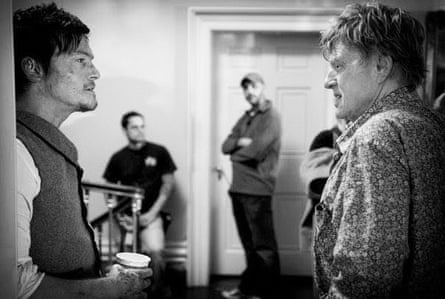
He looks at me and goes: “Really?” I went: “Yeah! I did a lot of research. And I told the actor who plays him he should probably do that, because that would impress you.” He looks at me and goes: “No. You didn’t.” And I go: “Yeah, I did.” And we both started cracking up. This poor guy was being hanged in front of us and we were laughing hysterically.
I was supposed to ride a horse in the film and had told Robert straight that I didn’t know how to do that. He said: “Don’t worry, we’ve got a great team.” But every time my horse got near other horses it would start to trot backwards and go and stand ear to ear with the horse next to him. So I’d be giving a speech, trying to be all serious, and the horse would start walking backwards. It was totally humiliating. Take after take! Robert was yelling: “Can somebody handle Norman’s fucking horse?” I thought: I’m dead, he’s gonna fire me. But luckily he didn’t.
We had the premiere at the Ford’s theater in Washington DC, where Lincoln was assassinated. I remember speaking to Robert in the first couple of rows in front of the stage. The movie was about to start and the lights going down and I just heard this shrieking from the back of the theatre. Then my mom – who I’d brought along with me – came running down the aisle towards us, like she was watching the Beatles or something. The whole theatre kind of stopped as she ran in and put Bob in a bear hug. She was screaming and he was looking over his shoulder at me like: “Help! Get her off me!” I held up my hands like: “Nothing I can do, sorry.”
He was just that cool. It was so impressive to have been a heart-throb your entire life and successful in every area, as well as a philanthropist and the founder of Sundance, and also not have it go to your head.
I loved how honest he was. He just vibrated at this level where he could see everything from every single direction and angle and everybody’s point of view, all at the same time. He oozed this level-headedness and knowledge of how the world works and what it all meant. Everybody else was sort of panicky around him, but he was always the coolest, calmest person in the room.
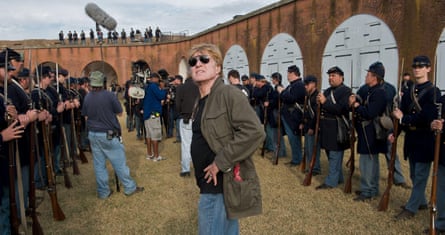
I was quite a new actor when I worked with him and nervous about a lot of things. He gently sort of pushed me to jump in and we also just really got along well, from the get-go. I have a ton of photos where we’re just talking and really into each other’s conversation.
He was a guy’s guy who’d sit on the floor with you and talk. There was nothing pretentious about him. He never acted as if he were above you, just got down to your level and wanted to hear what you had to say. I really appreciated that.
I lost my dad early, so if there’s a cool older guy that I can latch on to and who likes me then I really love them. I had that with Kris Kristofferson and Scott Wilson, too. There’s a certain calibre of person who’s very honest and cool that I gravitate towards. And I really gravitated towards Robert.
‘He offered me kindness when I needed it most’
Terrence Howard (The Company You Keep, 2012)
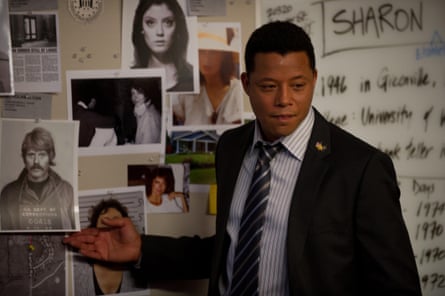
Robert Redford gave the world more than extraordinary films. He gave us sanctuary. By founding Sundance [film festival], he created a refuge where independent voices could be heard, seen and honoured. Without Sundance’s sheltering light, many of us, myself included, would never have had the room to be recognised. That festival shaped the world that made my name possible, and for that gift alone, his legacy is forever woven into my life.
But my connection to Robert goes deeper than the history books or headlines. We worked together only once, yet it was during one of the hardest emotional moments of my life. It’s difficult enough to hold your own opposite such an icon, but when you’re weighed down by personal turmoil, the challenge can feel impossible. What I found in Robert surprised me. He wasn’t just cool in the way so many of his characters had been. This wasn’t a role and he wasn’t performing. He became, in that moment, a friend and a mentor.
Actors know there are rare bonds forged under the lights, between takes, in the fragile space where reality and movie magic meet. That day, Robert offered me steadiness, kindness and a sense of belief when I needed it most. It wasn’t grand, it wasn’t scripted, it was simply human. And it reminded me that the truest measure of a person is not the spotlight they stand in, but the quiet moments where they stand beside you.
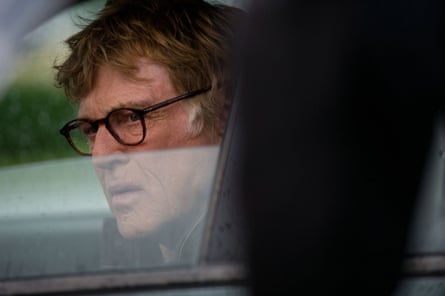
Robert’s gift was never just his talent. It was his stewardship. He didn’t hoard praise or power, he used them to lift others. His films changed cinema, but his leadership changed culture. He showed us that artistry and integrity can share the same path, and that generosity itself can be a kind of courage.
I will miss him: his candour, his warmth, and the steadying force of a man who believed in artists and audiences alike. Yet grief is its own kind of promise. The friendships he seeded, the moments he gave, the courage he shared, these will find us again. Until our paths cross in another lifetime, I’ll carry the memory of that bond with gratitude.
‘I said: “I’m not obese.” He said: “We’ll put sweaters on you.”’
Judd Hirsch (Ordinary People, 1980)
I was shocked when I learned of Robert’s death. I never knew he got old. The last time I saw him was in about 2006 when he had an Ordinary People reunion. Six of us in one room: Timothy Hutton, Elizabeth McGovern, Mary Tyler Moore, Donald Sutherland, Robert and me. Three of them are now gone. Robert was a year younger than me and when I saw him then I thought, well, he ain’t ever gonna look as old as me, no matter what happens to him. But then I realised, no, he’s human.
When he asked if I’d be interested in playing the psychiatrist in Ordinary People, he sent me the novel it was based on. The description of my character was an obese, fumbling man who couldn’t turn off the radio and had to look up his clients’ names. I said: “I’m not obese.” He said: “Don’t worry, we’ll just put some sweaters on you.”

I wanted to give the character more flaws, so the viewer had a reason not to expect the kid [a bereaved and suicidal young man played by Timothy Hutton] to come back after the first session. I suggested smoking. He said: “No, no, no, no, no – that’s a cliche.” I said: “Look, I stopped smoking last year, but I think it’s the only thing I can do that will make the kid think: why did you do that?” He said OK, and so I did. I was very proud of that.
He was very much an actor’s director and conscious of the obvious. I felt in one scene there was a way of dramatically enhancing a moment, almost as if to say: “Ah, you got it!” But Robert said: “You don’t have to say it like that. Just tell him.” That was the only direction we ever got: “Just tell him.”
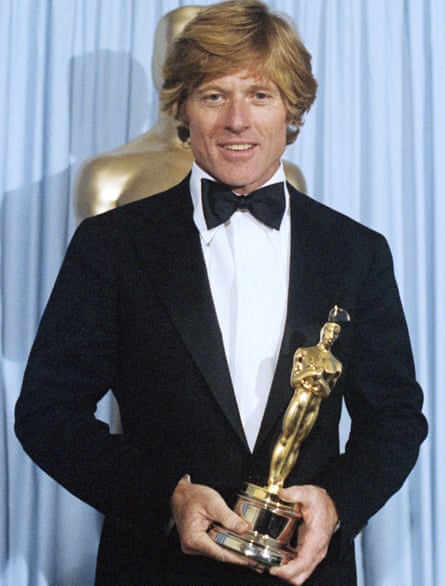
Making that film, Robert was not self-assured about anything. He said he really did not know how to do this from behind the camera. And he was mostly interested in the values of the characters and in telling the story in a way nobody else could.
I felt a tremendous responsibility playing that part. I was always afraid that, if it was a little different from what he expected, I’d feel a failure. It was a special movie for him because it was about something he had thought about. When we had our first meeting, he said: “I’m going to have you say [to Hutton] that you are his friend.” I said: “But psychiatrists don’t do that, you’d get shut down for that.” And he said: “I don’t care. We gotta say it and we gotta mean it.” Two of his own kids had gone to therapy and he never, ever believed that it was any good.
At that point, Robert had never won an Academy Award. Then Ordinary People won four, including best picture and best director. It was like magic. They threw everything at him in one bundle. He was totally surprised.
Later on, he came to see me in a Broadway show. I was rather surprised, but it was a wonderful acknowledgment. He’d not only remembered me through doing the movie, but he also knew I wasn’t just a television actor. He came to the dressing room afterwards and we had a great discussion. He liked the play and what I did and it was sort of like he was saying: “I’m glad I chose you for the film.”
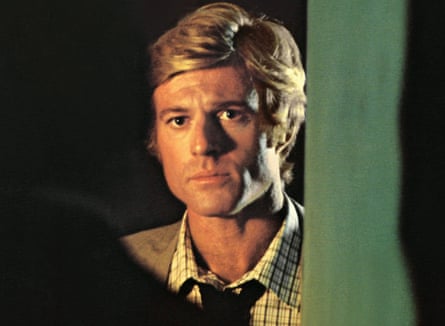
We don’t see people like Robert any more in the movie business. He was so honest about what he did as an actor, a director and a man interested in the politics of the nation. That honesty undercut what everybody might expect of this handsome star. I think people would’ve voted for him if he’d run for political office. I know I would.

 3 months ago
61
3 months ago
61
